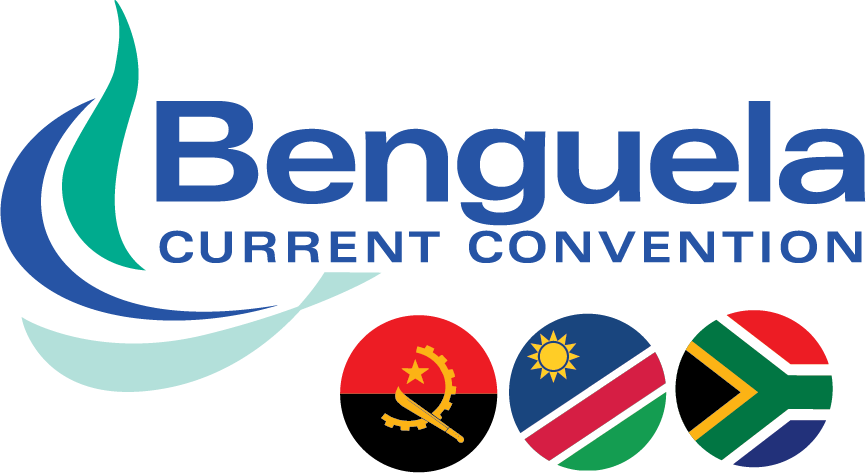It is the BCLME’s foundation, along with technology and knowledge transfer, and it underpins nearly all its activities. Between 2009 and 2013, the Icelandic development agency, ICEIDA, funded a dedicated training and capacity building programme that allowed young scientists and technicians to participate in short courses aimed at improving skills in data management, time series analysis, population modeling and stock assessment, and fish age determination, among other things.
Following the completion of the ICEIDA program, the BCC has continued to prioritise training and capacity building in order to improve the knowledge and skills of managers, scientists, and technical staff from national institutions in Angola, Namibia, and South Africa, while also contributing to the BCC’s goals. However, significant efforts have been made to broaden the scope of training and capacity building activities to reflect the BCC’s multi-sectoral nature.
To this end, the BCC has established long-term strategic collaborations with academic institutions in all the countries of the region. The Namibian Maritime and Fisheries Institute, the University of Namibia, the Angolan University of Agostinho Neto, and the South African University of the Western Cape have all signed draft Memorandums of Understanding (MoUs) with the BCC. The MoUs provide a foundation for the BCC to collaborate with academic institutions, make maximum use of existing resources, eliminate duplication of effort, and maximise opportunities for marine environment students in the Benguela region.
The BCC’s training and capacity building activities are overseen by a Regional Training Advisory Group, which consists of two representatives from each of the participating countries. The group approves annual budgets and work plans and assesses training needs as they develop. The Regional Training Advisory Group also assists with resource mobilisation for targeted training initiatives.
The policy contains more information regarding BCC’s training and capacity building efforts.

